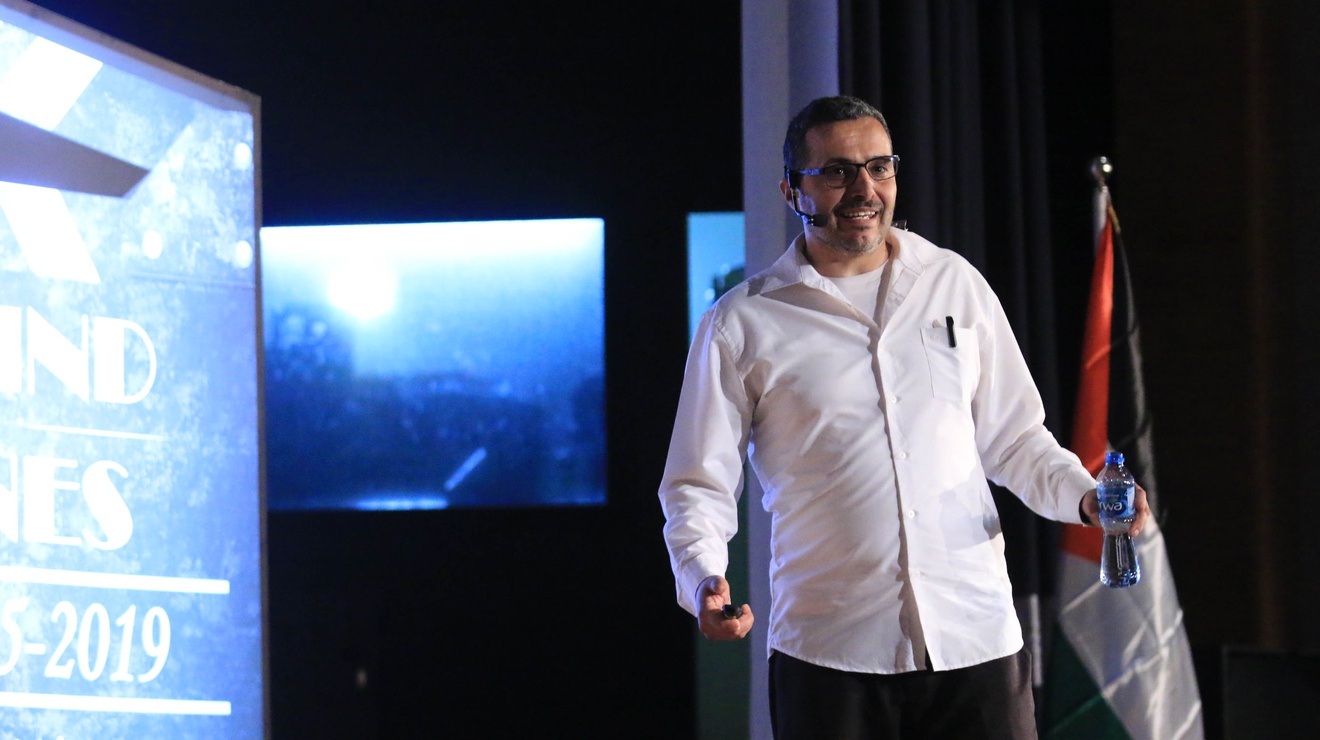Researchers
Discover all researchers in life sciences
Discover all researchers in life sciences

Researcher at Research Department
Ask questions about Ismail Warad's research, publications, and ongoing work
Investigated the adsorption and corrosion inhibition properties of benzimidazole derivatives on carbon steel in hydrochloric acid solution, combining experimental and computational studies.
Explored the use of new epoxy sugar-based glucose derivatives as environmentally friendly corrosion inhibitors for carbon steel in hydrochloric acid, using experimental and theoretical approaches.
Synthesized and evaluated two new 8-hydroxyquinoline derivatives as efficient corrosion inhibitors for mild steel in hydrochloric acid, employing electrochemical, surface morphological, UV-visible, and theoretical studies.
Developed an 8-hydroxyquinoline-based chitosan-derived carbohydrate polymer as a biodegradable and sustainable acid corrosion inhibitor for mild steel, using experimental and computational analyses.
Studied new pyrazole derivatives as effective corrosion inhibitors on the steel-electrolyte interface in hydrochloric acid, combining electrochemical, surface morphological (SEM), and computational analysis.
Developed a simple method for the preparation and characterization of novel NiO nanoparticles via solid-state thermal decomposition at low temperature of a novel aqua(2,9-dimethyl-1,10-phenanthroline)NiCl2 complex.
Conducted a theoretical investigation on the corrosion inhibition of copper by quinoxaline derivatives in nitric acid solution using computational methods.
Ismail Warad is a distinguished researcher at An-Najah National University, specializing in corrosion inhibition, metal complex synthesis, and X-ray diffraction, with a significant impact on materials science and sustainable corrosion solutions. His work focuses on developing novel organic inhibitors and understanding corrosion mechanisms through experimental and computational methods.
Researchers with overlapping expertise and complementary work
Finding similar researchers...